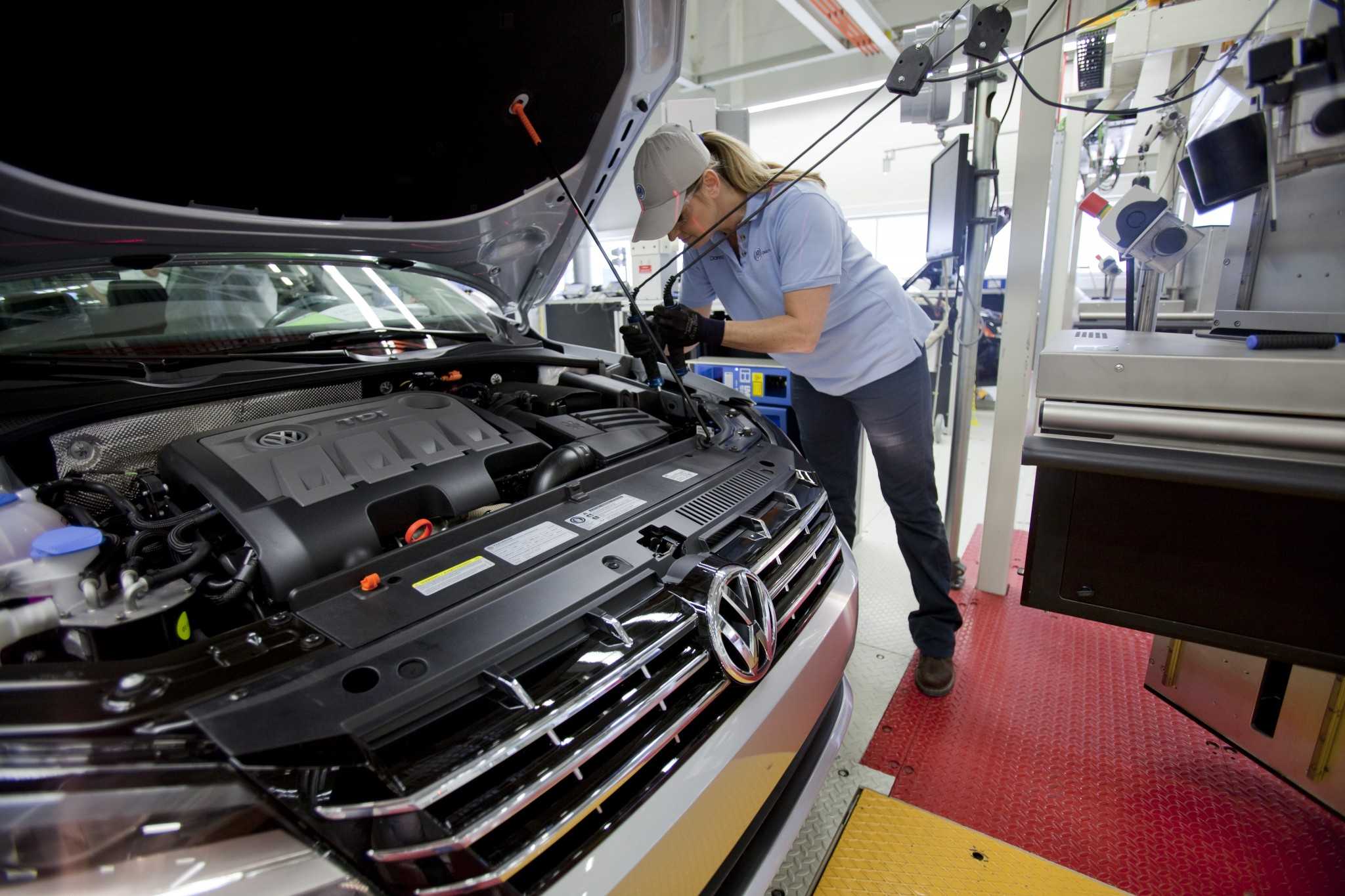By now you’ve probably heard about the recent scandal involving the German car manufacturer, Volkswagen, and their diesel vehicles.
On Sept. 18, the EPA issued a notice of violation of the Clean Air Act to Volkswagen AG, Audi AG and Volkswagen Group of America.
The notice states that four cylinder VW and Audi diesel cars include defeat devices, software that can detect when an emissions test is being conducted.
The EPA’s allegations include model years 2009-2015, though it has been rumored that the software could be in cars as early as 2007.
Consequently, the level of nitrogen oxide emissions is “up to 40 times more pollution” than allowed under U.S. emission standards.
The man behind these numbers, John German, is the U.S. co-lead of the International Council on Clean Transportation, a not-for-profit organization dedicated to reducing vehicle emissions.
He and his team had noticed data suggesting high nitrogen oxide emissions from diesel cars in Europe and wanted the emissions data of American diesel cars that had to comply with more stringent standards to take back to Europe as a guiding example for improvement.
Instead, what they found was anything but admirable.
As the ICCT investigation initially began, back in 2013, German and his team abandoned the typical emission lab tests and took a VW Passat and Jetta, and BMW X5 out on the road.
They found that outside the lab, “the Passat had emissions five to 20 times the standard. The Jetta was worse. It was 15-35 times the standard.” The team first thought their equipment was malfunctioning. But, “when they got to the X5, they were recording very, very low emissions again – so they were like ‘OK – it wasn’t our equipment.’”
By May 2014, German had finished his report and gave all of his team’s data to the EPA; a courtesy copy was sent along to Volkswagen as well.
In December 2014, after the EPA announced VW was fixing its software to solve “some vehicles” emissions problems,” the company swore to multiple agencies necessary action would be taken.
But one year after German’s report went to the EPA, the California Air Resources Board tested the supposedly “fixed” cars and the emission levels were still higher than VW advertised.
Finally, in September, 16 months after German’s data was first sent to the company and the EPA, Volkswagen admitted to the use of defeat devices.
Volkswagen, a manufacturer known for its “clean diesel” TDI engines, had been given the chance to fix the problem last December. Inexplicably, however, they ignored the issue and continued to offer up other excuses for the discrepancy in nitrogen oxide emissions.
With 11 million vehicles affected worldwide and the EPA ordering a recall of 482,000 vehicles, the words of VW’s U.S. CEO, Michael Horn, are fittingly simple-minded: “We have totally screwed up.”
Anderholm, a sophomore Geology major from Greensboro, is an opinion writer.

